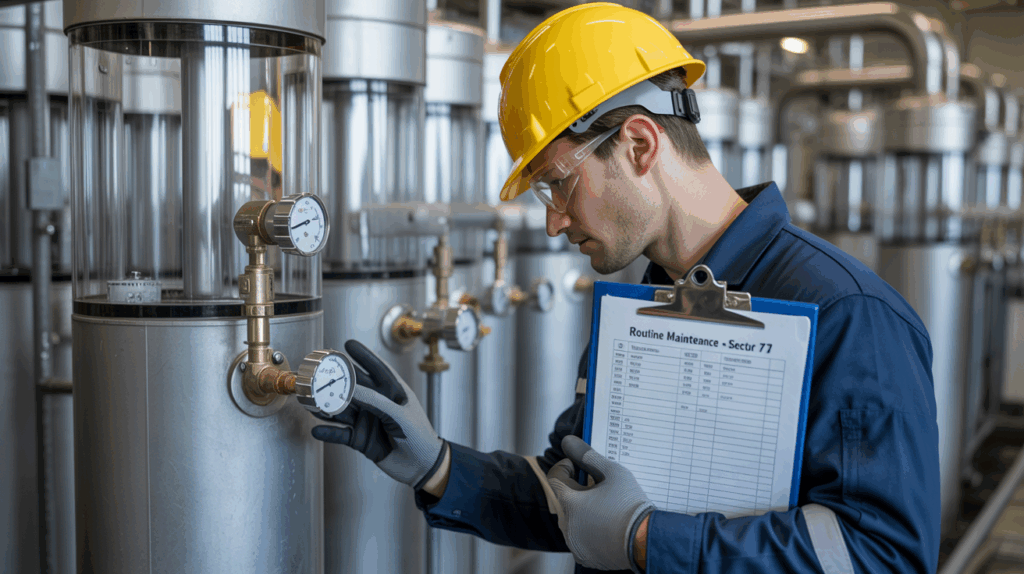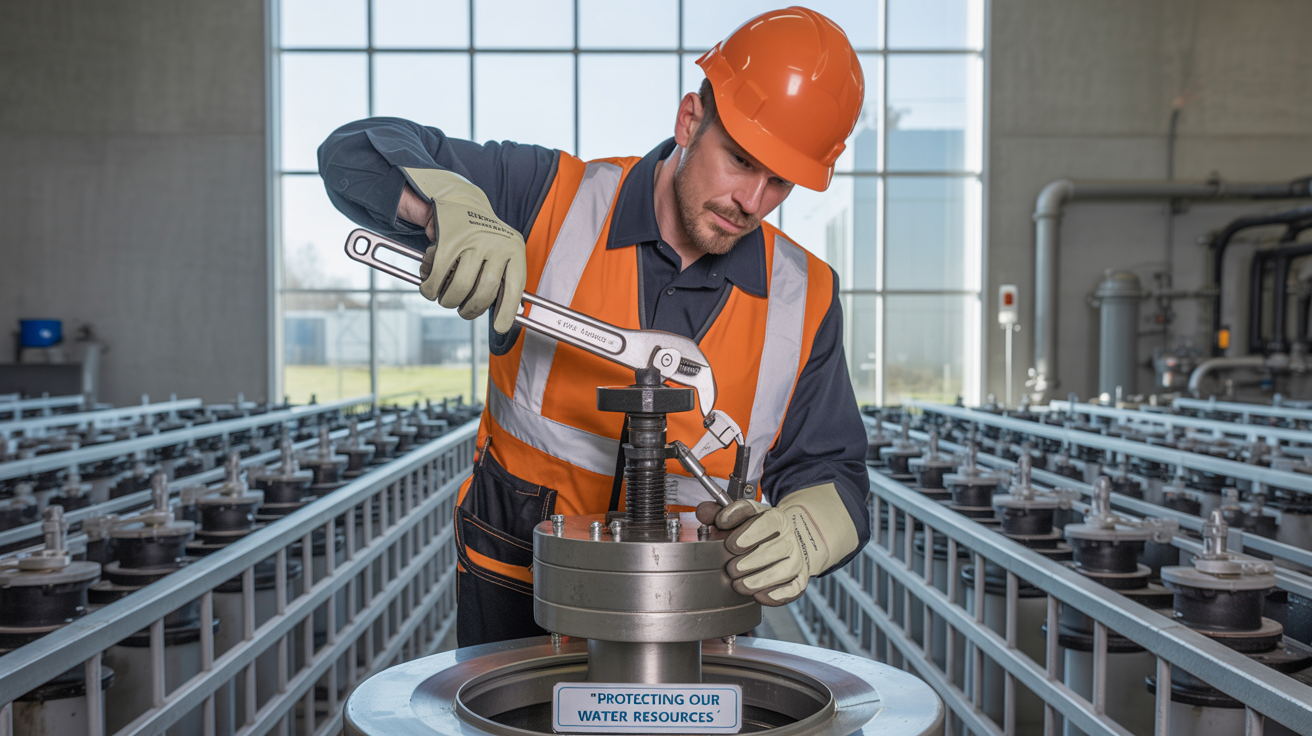Wastewater maintenance is essential for ensuring the efficiency, safety, and compliance of treatment systems in commercial, industrial, and municipal operations. Regular upkeep not only prevents costly breakdowns but also extends the life of critical equipment, reduces energy consumption, and helps meet environmental regulations. Whether you operate a small facility or a large-scale plant, consistent wastewater maintenance is the foundation of reliable performance.
Why Wastewater Maintenance Matters
Wastewater systems are responsible for processing large volumes of water and solids under demanding conditions. Without proper care, pumps can fail, filtration systems can clog, and control systems can malfunction—leading to downtime, costly repairs, and potential violations of environmental standards.
Benefits of regular wastewater maintenance include:
- Minimized risk of unexpected system failures.
- Improved operational efficiency and lower energy costs.
- Extended equipment lifespan.
- Compliance with local, state, and federal environmental regulations.
- Consistent water quality output.
Core Components of Wastewater Maintenance

Effective wastewater maintenance involves inspecting, cleaning, repairing, and replacing parts as needed. Common maintenance tasks include:
- Pump servicing – Checking for wear, leaks, and proper operation.
- Filter and screen cleaning – Preventing blockages that can disrupt flow.
- Pipe and valve inspections – Looking for leaks, corrosion, and alignment issues.
- Electrical and control system checks – Ensuring sensors, alarms, and automation systems function correctly.
- Flow and pressure monitoring – Confirming that the system meets design specifications.
Preventive vs. Reactive Maintenance
There are two primary approaches to wastewater maintenance:
- Preventive maintenance – Scheduled inspections and servicing to prevent problems before they occur. This is the most cost-effective approach, reducing downtime and extending equipment life.
- Reactive maintenance – Repairs performed after a breakdown or failure. While sometimes unavoidable, this approach often results in higher costs and longer system outages.
By prioritizing preventive maintenance, you can reduce the frequency and severity of emergency repairs.
Signs Your Wastewater System Needs Maintenance
Even with regular servicing, issues can arise. Watch for these warning signs:
- Unusual noises or vibrations from pumps and motors.
- Inconsistent water flow or pressure.
- Frequent clogs or blockages in filters or screens.
- Alarms or alerts from control systems.
- Visible leaks or corrosion in pipes or tanks.
Addressing these problems quickly can prevent further damage and costly downtime.
Maintenance Scheduling Best Practices
To get the most from your wastewater maintenance program:
- Follow the manufacturer’s maintenance recommendations for each component.
- Keep detailed records of inspections, repairs, and replacements.
- Train operators to identify early warning signs of trouble.
- Schedule comprehensive system inspections at least once a year, with more frequent checks for high-demand systems.
How Waste Water Supply Supports Your Maintenance Needs
At Waste Water Supply, we provide high-quality parts, products, and expertise to keep your wastewater systems running at peak performance. Whether you need replacement pumps, filters, valves, or control components, we offer reliable solutions that make maintenance easier and more effective.
Protect Your Investment with Regular Wastewater Maintenance
Consistent maintenance is the key to keeping your wastewater system efficient, compliant, and dependable. By implementing a proactive maintenance program and using high-quality replacement parts, you can avoid costly disruptions and ensure long-term system performance.
Contact us today to learn more about wastewater maintenance solutions and how we can help you keep your systems operating at their best.

